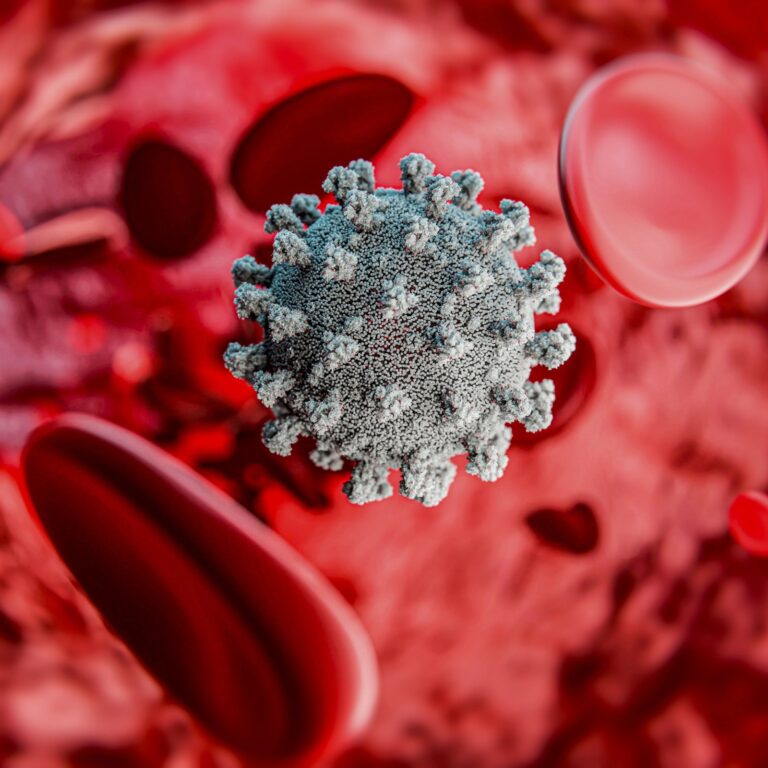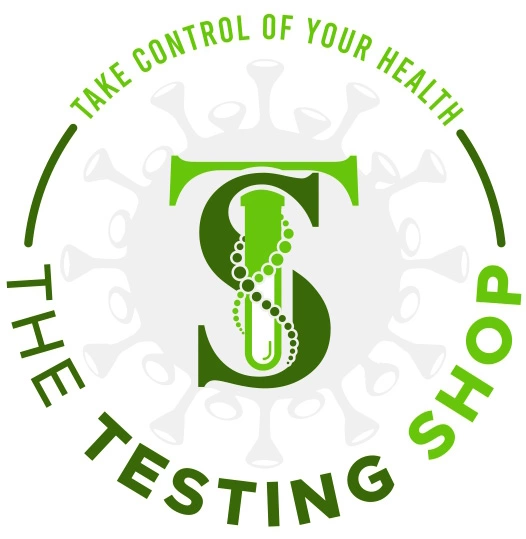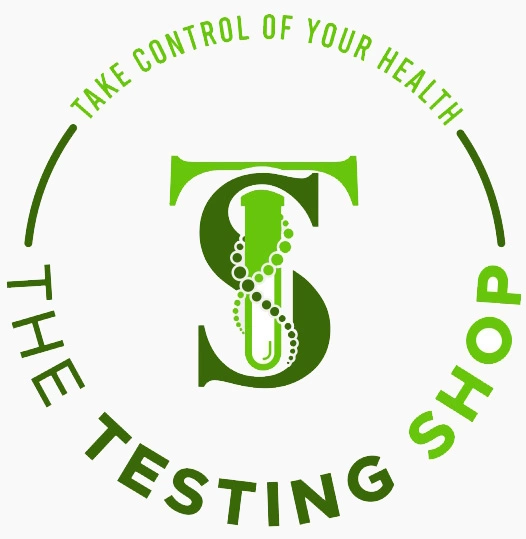Cancer
The Testing Shop Cancer Check®
Multi-Cancer Early Detection Test
The Testing Shop Cancer Check® is a laboratory-developed blood test intended to aid in the detection of cancer-associated signals in adults. The test analyzes DNA fragments circulating in the bloodstream using validated methylation-based technology to assess whether a cancer-related signal may be present. When a signal is detected, the test provides information regarding the most likely tissue of origin to support subsequent clinical evaluation.
The Testing Shop Cancer Check® is designed as a screening and risk-assessment tool and is not intended to diagnose cancer or replace standard diagnostic procedures. Test results should be interpreted by a qualified healthcare professional in the context of the patient’s medical history, clinical presentation, and other relevant diagnostic information. A positive result indicates the presence of a cancer-associated signal and requires appropriate confirmatory testing. A negative result does not rule out the presence of cancer.
By providing additional molecular insights from a single blood draw, The Testing Shop Cancer Check® may assist clinicians and patients in making more informed decisions regarding further diagnostic evaluation and clinical management.
$2,000

THE SIGNIFICANCE OF CIRCULATING TUMOR CELLS (CTCs)
If you're looking for a powerful early detection cancer screen, Cancer Check, our Circulating Tumor Cell based test, offers a minimally-invasive, highly specific, and clinically meaningful way to screen for real, active cancer, not just genetic noise. It's a chance to act before cancer becomes life-threatening.
What's Measured?
The Testing Shop Cancer Check® test is a laboratory-developed blood test that analyzes patterns of DNA methylation in circulating cell-free DNA, which is genetic material released into the bloodstream by both healthy and diseased cells. By evaluating a large number of methylation markers across selected regions of the genome, the test is designed to differentiate DNA patterns that may be associated with cancer from those typically found in noncancerous conditions.
If a cancer-associated signal is identified, the test applies these methylation patterns to estimate the most likely tissue or organ of origin. This information is intended to assist healthcare providers in determining appropriate next diagnostic steps. The Galleri® test is a screening and risk-assessment tool and is not intended to diagnose cancer. Results should be interpreted by a qualified healthcare professional in conjunction with other clinical information and follow-up testing.
Who Should Take This Test?
The Testing Shop Cancer Check® is a laboratory-developed multi-cancer screening test intended for adults who may have an increased risk of cancer. The test may be considered for individuals aged 50 and older, as well as certain younger adults based on individual risk factors, as determined by a healthcare professional.
This test is intended to be used as a complement to, and not a substitute for, routine cancer screening examinations that may be recommended by a healthcare provider, such as colonoscopy, mammography, or cervical cancer screening.
The Testing Shop Cancer Check® is not intended for use in the following populations:
Individuals who are pregnant
Individuals aged 21 years or younger
Individuals currently undergoing active cancer treatment
Adults between the ages of 22 and 49 may be considered for testing if one or more of the following risk factors are present:
Current or prior history of tobacco use
Personal history of cancer
Overweight or obesity
Family history of cancer
Known inherited cancer-related genetic variants
Occupational exposure to known or suspected carcinogens
Environmental exposure, including radiation or toxic substances
Autoimmune inflammatory disorders
Chronic inflammatory conditions not related to autoimmunity
Immunodeficiency conditions
History of solid organ transplantation
Eligibility for The Testing Shop Cancer Check® should be determined through consultation with a qualified healthcare professional, who can assess individual risk factors and determine whether testing is appropriate.
What Can I Expect From My Results?
Test results from The Testing Shop Cancer Check® are typically available approximately two weeks after the blood sample has been received and processed by the performing laboratory.
There are two possible result categories:
No Cancer Signal Detected
Cancer Signal Detected
Most individuals receive a No Cancer Signal Detected result, which indicates that no cancer-associated signal was identified at the time of testing. Individuals with this result should continue to follow routine cancer screening and preventive care recommendations provided by their healthcare professional.
If a Cancer Signal Detected result is reported, the test also provides an estimate of the most likely tissue or organ associated with the signal. This information is intended to assist healthcare providers in determining appropriate next steps for diagnostic evaluation. The test is not intended to diagnose cancer, and confirmatory testing is required to establish a diagnosis.

